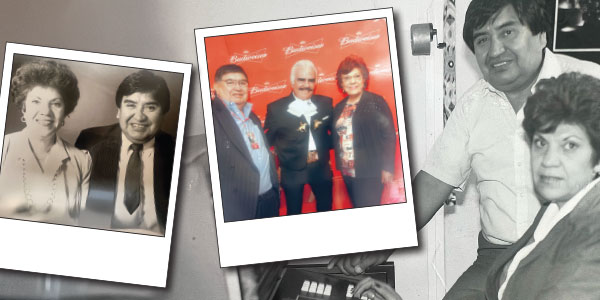
Commentary by Angie Baldelomar
For years, the focus of divorce studies has been on how divorce affects young children.
Less emphasis has been put on how divorce affects children whose parents separate once they’re adults. The lack of research has resulted in a lack of support and resources to help adult children navigate their parents’ divorce.
Adult children of divorce face unique challenges. For starters, parents don’t try to shield them from anything, as they would if they were kids. Because both parents want their children to understand their pain and confusion, they don’t hold back from talking ill about the other partner.
In a related matter, the little research on the topic shows that parents see their adult kids as friends more than they do as their children. This puts the adult children in a position where they feel like they must choose one parent over the other.
Moreover, adult children must address logistical issues when their parents get divorced, such as where to spend their holidays and birthdays, and whether they should visit the more emotionally struggling parent more often. Many adult children also start doubting their own relationships and whether marriage or kids are the right paths for them.
If you’re an adult child of divorce, here are some strategies to navigate your parents’ divorce, provided by various websites about the subject:
*Keep your physical distance: It’s O.K. to help your parents, such as by cooking for them. But know when to stop.
*Set clear emotional boundaries: Gently let them know that you can’t be the friend they come to when they need to discuss the divorce. Make it clear that talking ill about the other partner only causes you pain.
*Strive to not let your parents’ divorce define your relationships with them: Enjoy pleasurable activities together.
*Maintain contact with both extended families: They’re still your family, after all.
*Let yourself feel whatever you need to feel: Talk to a therapist, support group or friend and give yourself time to heal.
*Face your fear of commitment, if it exists: Embrace the notion that a commitment must be made with some degree of uncertainty. If you wait to commit until you’re free of doubts, a lasting relationship might never happen.
Cómo lidiar con el divorcio de tus padres cuando eres adulto
Por muchos años, el enfoque de los estudios sobre el divorcio ha estado centrado en cómo el divorcio afecta a los niños pequeños.
Menos énfasis es puesto en cómo el divorcio afecta a los hijos cuyos padres se separan cuando los hijos son adultos. La falta de estudios ha resultado en una falta de apoyo y recursos para ayudar a hijos adultos a navegar el divorcio de sus padres.
Los hijos adultos de divorcio enfrentan desafíos únicos. Para empezar, los padres no intentan protegerlos de nada, como lo harían si fueran niños. Debido a que ambos padres quieren que sus hijos entiendan su dolor y confusión, no se detienen de hablar mal del otro padre.
En un asunto relacionado, la poca investigación sobre el tema muestra que los padres ven a sus hijos adultos como amigos más que como sus hijos. Esto pone al hijo adulto en una posición en la sienten que tienen que elegir un padre sobre el otro.
Además, los hijos adultos deben lidiar con cuestiones logísticas cuando sus padres se divorcian, como dónde pasar las vacaciones y cumpleaños, y si deben visitar al padre con más dificultades emocionales con más frecuencia. Muchos hijos adultos también empiezan a dudar sobre sus propias relaciones y sobre si el matrimonio o tener hijos son caminos correctos para ellos.
Si eres un hijo adulto de divorcio, aquí hay algunas estrategias para navegar el divorcio de tus padres, sacado de varios sitios en línea sobre el tema:
*Mantén tu distancia física: está bien ayudar a tus padres, como cocinar para ellos. Pero sepa cuándo parar.
*Establece límites emocionales claros: hazles saber con delicadeza que no puedes ser el amigo al que ellos vienen cuando necesitan hablar del divorcio. Deja en claro que hablar mal el uno del otro te lastima.
*Esfuérzate por no permitir que el divorcio de tus padres defina tu relación con ellos: disfruta de actividades placenteras con ellos.
*Mantén contacto con ambas familias extendidas: siguen siendo tu familia, después de todo.
*Déjate sentir lo que sea que necesites sentir: habla con un terapista, grupo de ayuda o amigo y date tiempo de sanar.
*Enfrenta tu miedo al compromiso, si existe: acepta la noción de que un compromiso debe hacerse con cierto grado de duda. Si esperas a comprometerte hasta estar libre de dudas, una relación duradera quizás nunca suceda.










